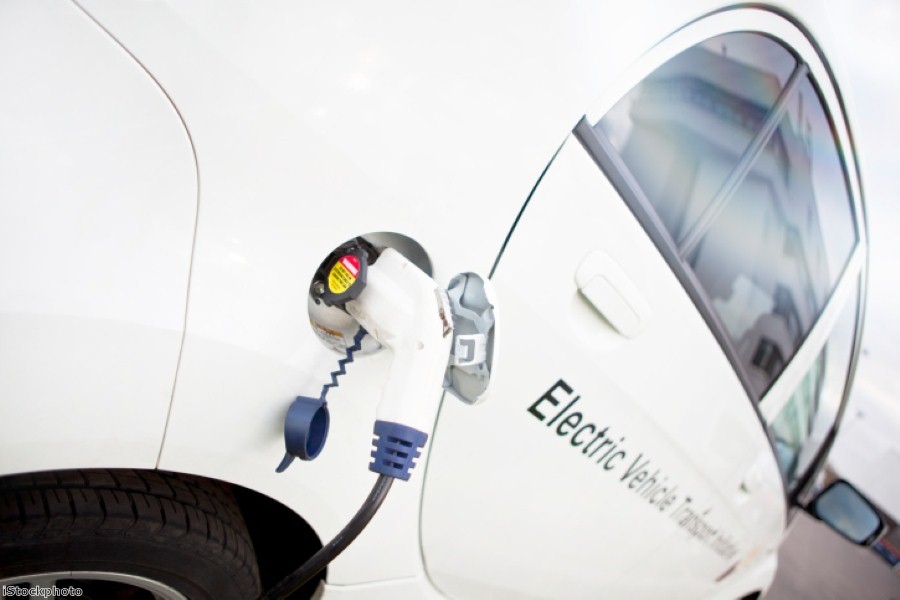You should never be short of somewhere to charge up your car these days.
If you've been thinking about seeking new car deals on an electric vehicle but have been concerned about a lack of charging points, then perhaps you needn't be worried.
New research from the Energy Institute has shown there are now 9,300 electric vehicle (EV) charging locations in the UK, compared to only 8,400 traditional fuel stations.
Almost 80 per cent of petrol stations in Britain have closed since 1970, while the number of EV charging stations has leapt from just a few hundred in 2010 to the figure seen today.
What's more, all this has occurred in less than a century since the first petrol station opened in Berkshire back in 1919.
Of the EV charging stations, more than 1,600 are designed for rapid charging, meaning car owners can plug in and replenish their battery to around 80 per cent in less than an hour.
In addition, data from Zap-Map shows most UK motorway service stations have EV charging points installed, meaning drivers should never be stuck on even a long journey for somewhere to fill up their battery.
The news comes after it was reported in the Financial Times that the government is keen to further support EV adoption and is looking into putting EV charging points into all new housing as standard.
Commenting on the rise of EV infrastructure, Nissan's Kalyana Sivagnanam said: "Many consumers are saying their next car will be electric. That means the industry needs to ensure their desires are met with both the car and how it interacts with the world around it.
"We've moved beyond the early concerns of range anxiety. The next challenge is for charging infrastructure to keep pace with the number of EVs on the road, and that the experience of recharging is as enjoyable and effortless as that of all-electric driving."
Nissan launched the first mass-market EV with the Leaf in 2010. According to the Society of Motor Manufacturers and Traders, demand for battery EVs increased by 158.1 per cent last month compared to a year before.
